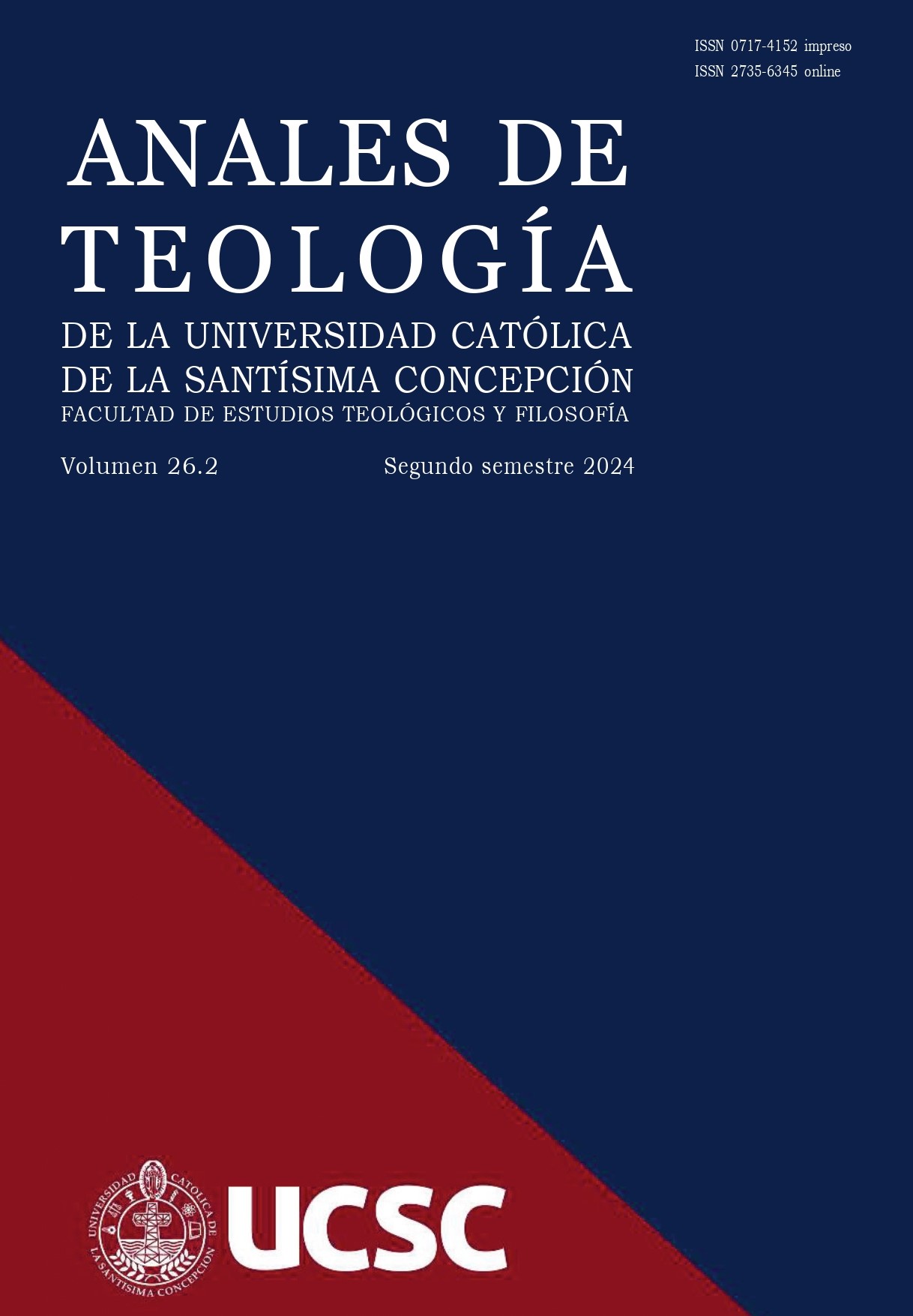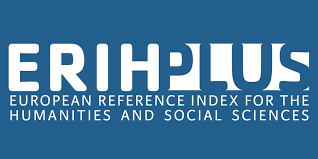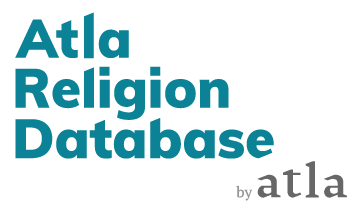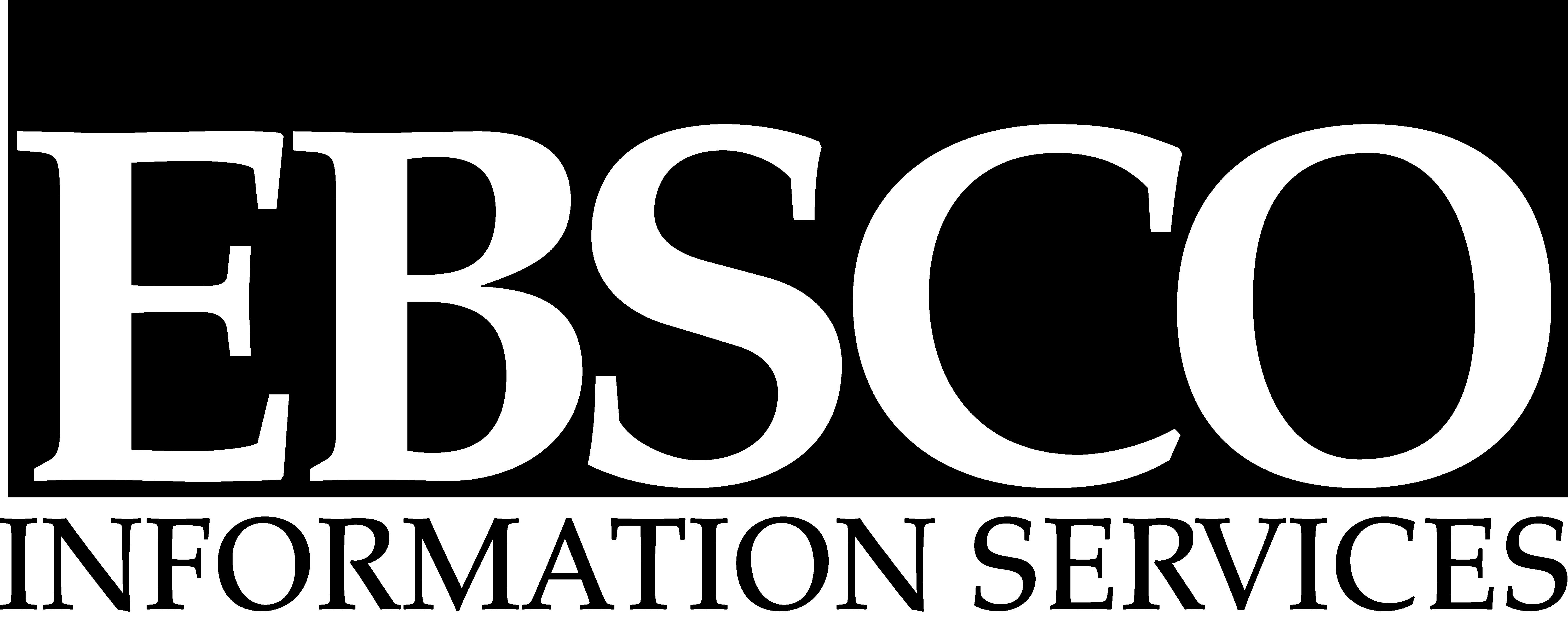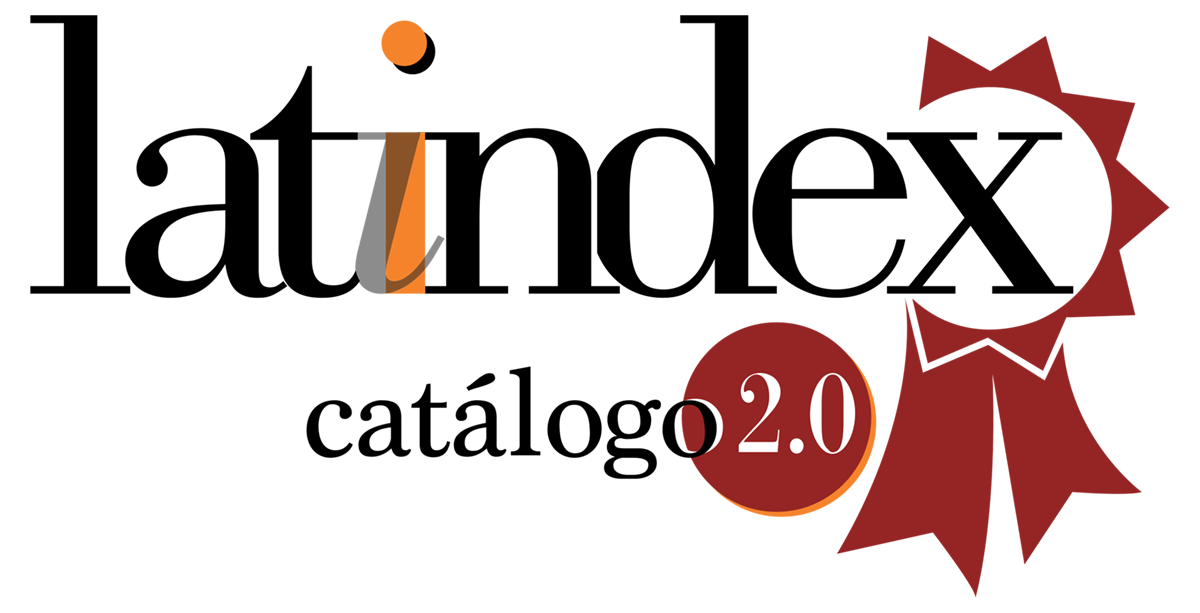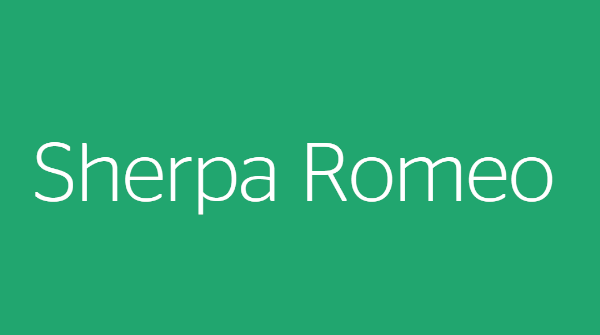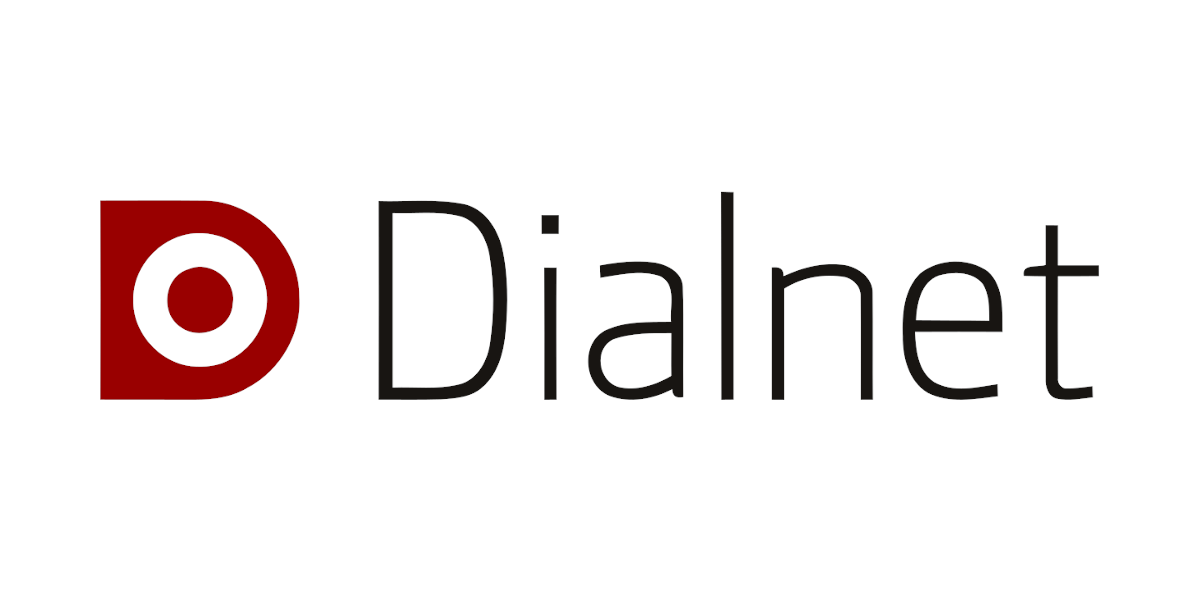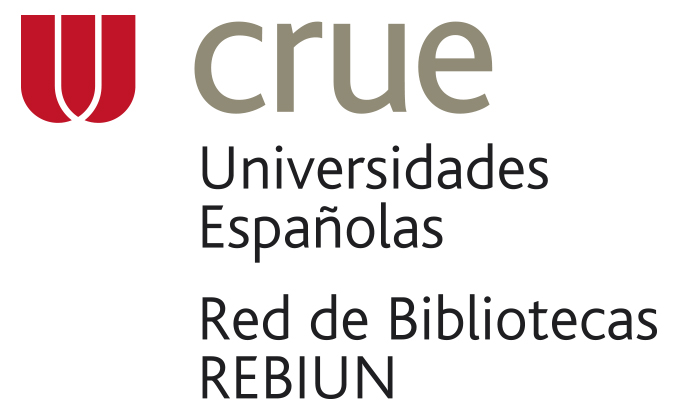A theology of plants: rights, obligations and quasi-rights
DOI:
https://doi.org/10.21703/2735-634520242622688Keywords:
Ecology, Nature, Rights, Obligations, WolterstorffAbstract
This paper seeks to outline the foundational framework for a theology of plants, drawing on Nicholas Wolterstorff's theory of justice as a conceptual framework and as a Christian alternative to contemporary discourses on ecology, particularly those based on a pantheistic cosmology. For this purpose, the author presents the categories of rights, duties and quasi-rights and the place of these notions in the interaction between God, human beings and the natural world; the attendant metaphysical complexities are considered. Along with this effort, the author deals with the problem of the absence of moral agency in plants and the possible solution by resorting to the mechanism known as active legitimation. Finally, he makes some observations on the possible suspicions generated by discourses on rights in today's democracies and raises some reflections that may help future work on this topic.
Downloads
References
BIBLIOTECA DEL CONGRESO NACIONAL DE CHILE, “Con histórica participación electoral propuesta de nueva Constitución fue rechazada”, https://www.bcn.cl/portal/noticias?id=historica-participacion-plebiscito-2022/, citado el 4 de septiembre 2022.
BIGGAR, N., “Nicholas Wolterstorff, Justice: Rights and Wrongs”, Studies in Christian Ethics 23 (2010) 130–137. DOI: https://doi.org/10.1177/0953946809359463
CONVENCIÓN CONSTITUYENTE, Propuesta de Constitución Política de Chile, LOM, Santiago 2022, https://www.colegiodeprofesores.cl/wp-content/uploads/2022/07/Texto-Definitivo-CPR-2022-Tapas.pdf.
DAVID, G., “Los derechos de las plantas: Aportes teológicos en la teoría de la justicia de Nicholas Wolterstorff”, Anales de Teología 25.2 (2023) 259-269. DOI: https://doi.org/10.21703/2735-634520232522126
MACINTYRE, A., Whose Justice? Which Rationality?, University of Notre Dame Press, New Yersey 1988.
MILBANK, J., “Against Human Rights. Liberty in the Western Tradition”, Oxford Journal of Law and Religion 1.1 (2012) 203-234. DOI: https://doi.org/10.1093/ojlr/rwr014
NOGUEIRA, H., “La Legitimación Activa en los Procedimientos ante los Tribunales Constitucionales de América del Sur”, Ius et Praxis 10.2 (2004) 197-223. DOI: https://doi.org/10.4067/S0718-00122004000200007
O’NEILL, O., “Rights, Obligations, Priorities”, Studies in Christian Ethics 23 (2010) 163-171. DOI: https://doi.org/10.1177/0953946809359468
PERRY, J., “Two Questions for Wolterstorff: On the Roles Played by Rights-Talk in History and the Measuring of Worth”, Studies in Christian Ethics 23 (2010) 147-155. DOI: https://doi.org/10.1177/0953946809359465
PUOLIMATKA, T., “How Wolterstorff’s Defense of Same-Sex Marriage Violates His Theory of Justice. Philosophical Note on Wolterstorff’s Argument for Same-Sex Marriage”, Philosophia Christi 19 (2020) 363-380. DOI: https://doi.org/10.5840/pc201719229
SVENSSON, M., “Dos consensos y muchas preguntas”, CIPER Chile, Santiago 2022, https://www.ciperchile.cl/2022/08/24/4-9-dos-consensos-y-muchas-preguntas/.
WATSON, A., The Digest of Justinian, Universidad de Filadelfia, Filadelfia 1985.
WOLTERSTORFF, N., Until Justice and Peace Embrace, Wm. B. Eerdmans Publishing, Grand Rapids 1983.
WOLTERSTORFF, N., Justice: Rights and Wrongs, Princeton University Press, New Yersey 2008. DOI: https://doi.org/10.1515/9781400828715
WOLTERSTORFF, N., Justice in Love, Wm. B. Eerdmans Publishing, Grand Rapids 2011.
WOLTERSTORFF, N., Hearing the Call: Liturgy, Justice, Church and World, Wm. B. Eerdmans Publishing, Grand Rapids 2011.
WOLTERSTORFF, N., Understanding Liberal Democracy: Essays in Political Philosophy, Oxford University Press, Oxford 2012. DOI: https://doi.org/10.1093/acprof:oso/9780199558957.001.0001
WOLTERSTORFF, N., Journey Toward Justice: Personal Encounters in the Global South, Baker Academic, Grand Rapids 2013.
WOLTERSTORFF, N., “Dios ama la justicia”, en: FILETA, J. (ed.), Vivir de manera justa, Micah Challenge USA, Portland 2017, https://jliflc.com/wp-content/uploads/2019/07/2018-Tearfund-Micah-challenge-Live-justly-edición-global-Es.pdf.
Downloads
Published
Issue
Section
License
Copyright (c) 2024 Gonzalo David

This work is licensed under a Creative Commons Attribution-NonCommercial 4.0 International License.
The Anales de Teología is an open access journal and does not charge for publication. In addition, it regulates its Copyright and access policy according to the Creative Commons Attribution-NonCommercial 4.0 International Public License (CC BY-NC 4.0), therefore sharing (reproducing and distributing the material in any medium or format) and adaptation (modifying, transforming, and creating from the material) is allowed as long as proper credit is given and the citation is included with the corresponding data. Moreover, it is not allowed to use the material for commercial purposes.
